Serotonin
Recent articles
Dopamine ‘gas pedal’ and serotonin ‘brake’ team up to accelerate learning
Mice learn fastest and most reliably when they experience an increase in dopamine paired with an inhibition of serotonin in their nucleus accumbens, a new study shows, helping to resolve long-standing questions about the neuromodulators’ relationship.
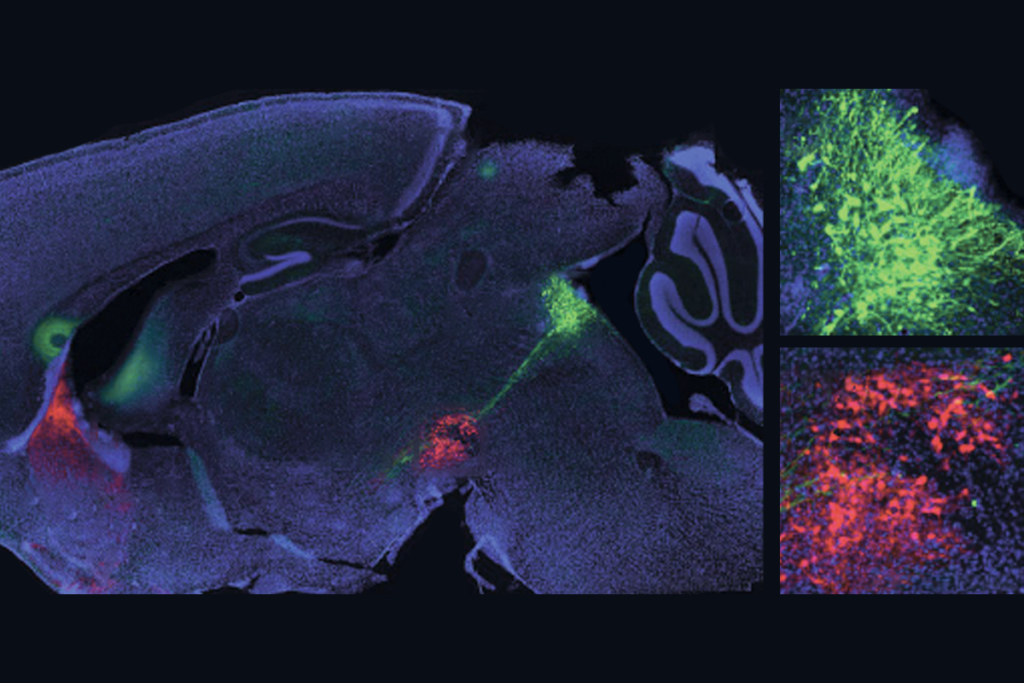
Dopamine ‘gas pedal’ and serotonin ‘brake’ team up to accelerate learning
Mice learn fastest and most reliably when they experience an increase in dopamine paired with an inhibition of serotonin in their nucleus accumbens, a new study shows, helping to resolve long-standing questions about the neuromodulators’ relationship.
Neurotransmitter switch-up helps fan extreme stress into full-blown fear
The flip occurs when certain neurons in the dorsal raphe start to express the chemical GABA instead of glutamate, a new study shows.
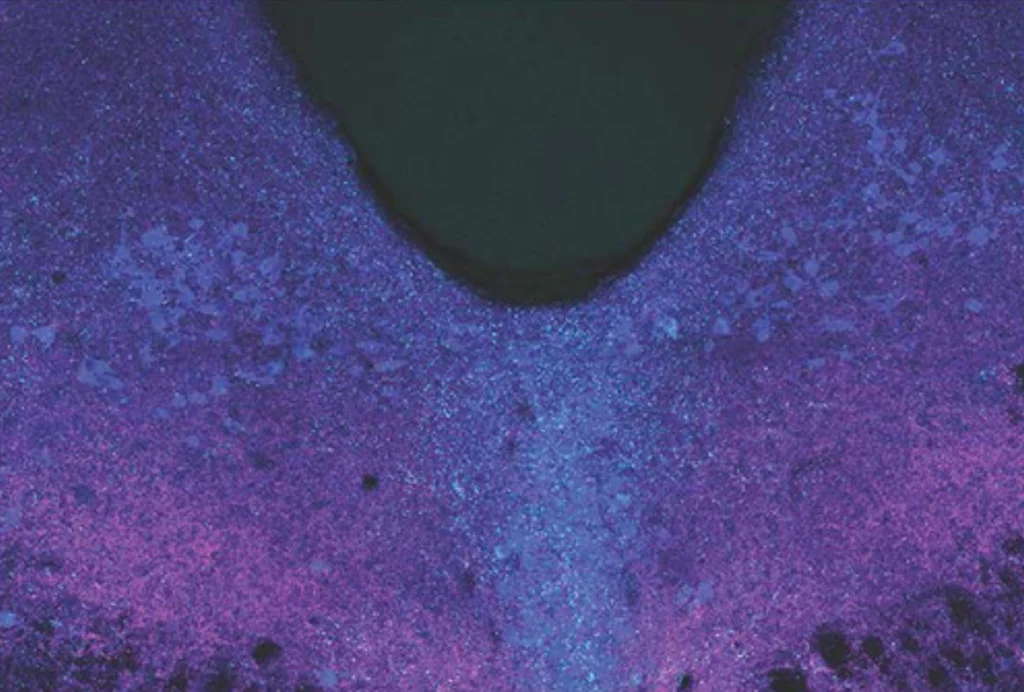
Neurotransmitter switch-up helps fan extreme stress into full-blown fear
The flip occurs when certain neurons in the dorsal raphe start to express the chemical GABA instead of glutamate, a new study shows.
Serotonin powers pruning of developing brain circuits in mice
Mice with microglia missing receptors for the neurotransmitter serotonin since birth have too many synapses and show social difficulties in adulthood.
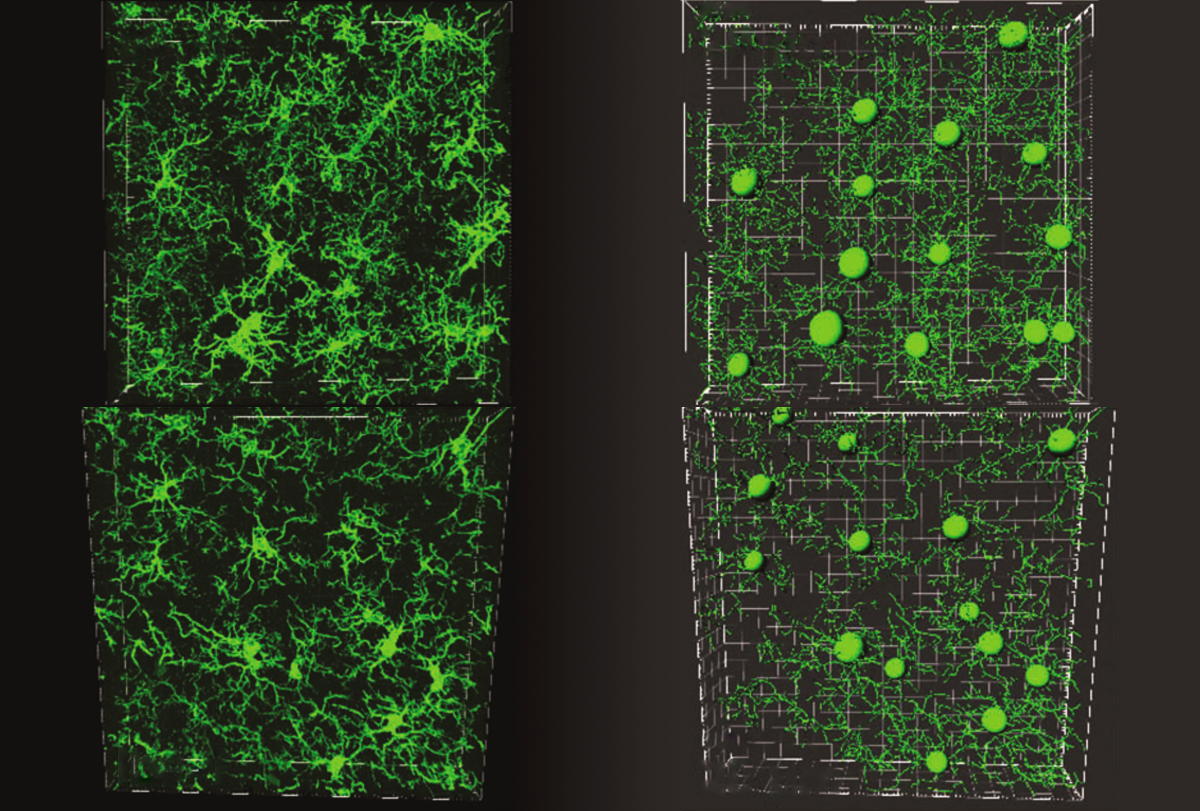
Serotonin powers pruning of developing brain circuits in mice
Mice with microglia missing receptors for the neurotransmitter serotonin since birth have too many synapses and show social difficulties in adulthood.
Serotonin initiates earliest social bonds
Mice and rats, for example, gravitate toward their mother’s bedding over bedding that is clean or smells of a different dam.
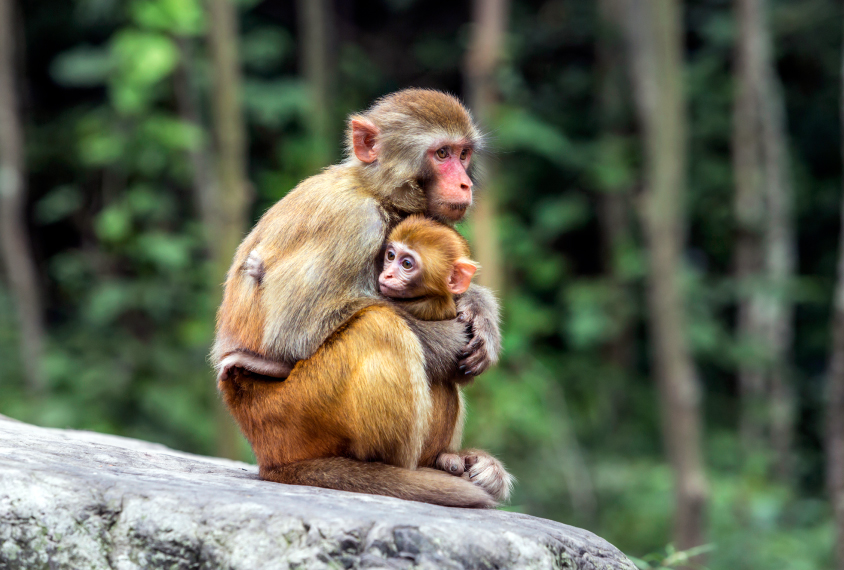
Serotonin initiates earliest social bonds
Mice and rats, for example, gravitate toward their mother’s bedding over bedding that is clean or smells of a different dam.
In deep water with Gül Dölen
A researcher's existential crisis led to a scientific breakthrough.
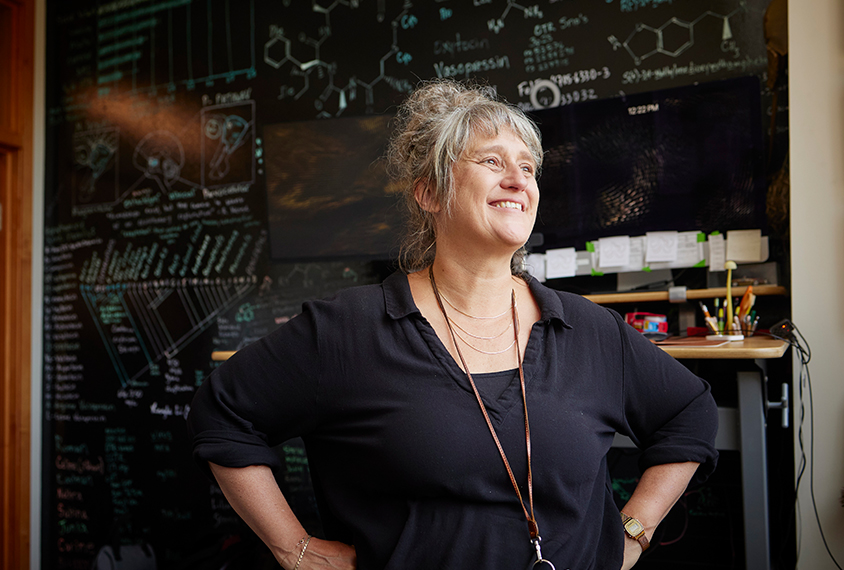
In deep water with Gül Dölen
A researcher's existential crisis led to a scientific breakthrough.
Tripping over the potential of psychedelics for autism
Drugs such as LSD act primarily on the serotonin system, which is implicated in autism — and some autistic people who experiment with psychoactive compounds report enhanced social connections, among other benefits. But researchers have more questions than answers.
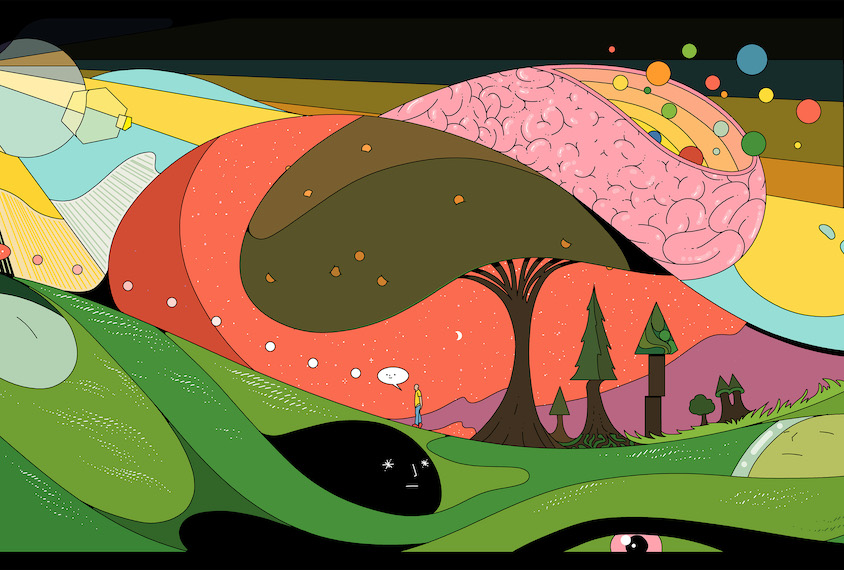
Tripping over the potential of psychedelics for autism
Drugs such as LSD act primarily on the serotonin system, which is implicated in autism — and some autistic people who experiment with psychoactive compounds report enhanced social connections, among other benefits. But researchers have more questions than answers.
Serotonin shapes social memory signals
Social memory, which may be altered in autism, depends on serotonin-sensitive neurons that send signals from the medial septum to the hippocampus.
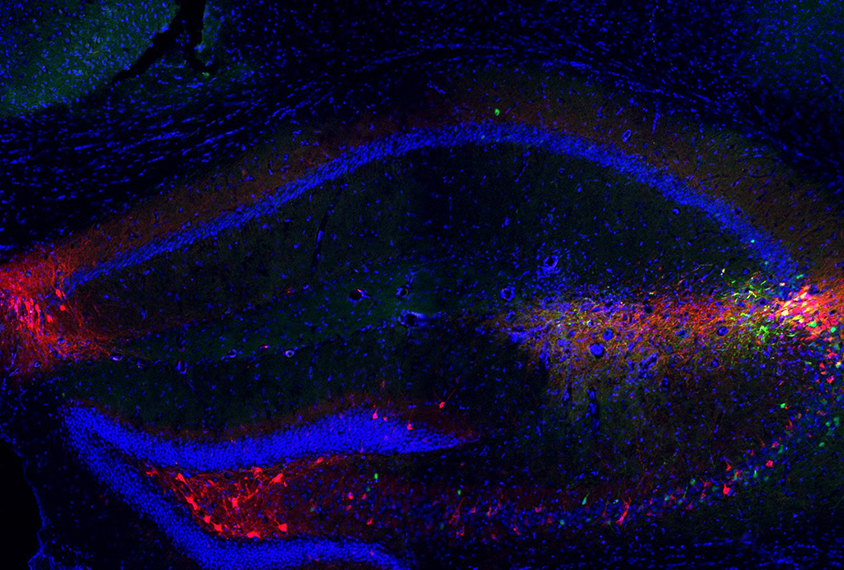
Serotonin shapes social memory signals
Social memory, which may be altered in autism, depends on serotonin-sensitive neurons that send signals from the medial septum to the hippocampus.
Getting eight arms around autism
Octopuses can solve some of the same problems as people but do so in unusual ways.
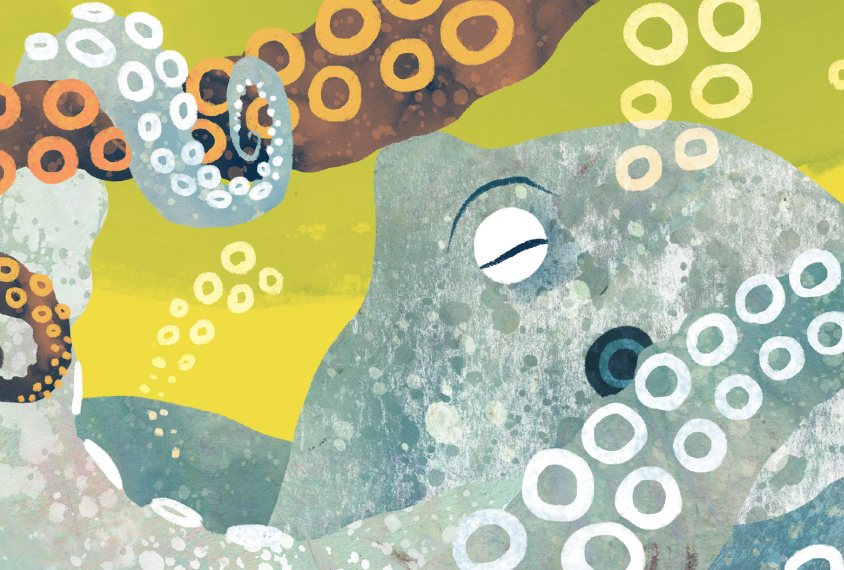
Getting eight arms around autism
Octopuses can solve some of the same problems as people but do so in unusual ways.
Drugs boost serotonin, socialization in multiple autism mouse models
The finding that MDMA and an experimental serotonin agonist increase sociability across six different model mice suggests that disparate autism-linked mutations converge on the same underlying pathways.
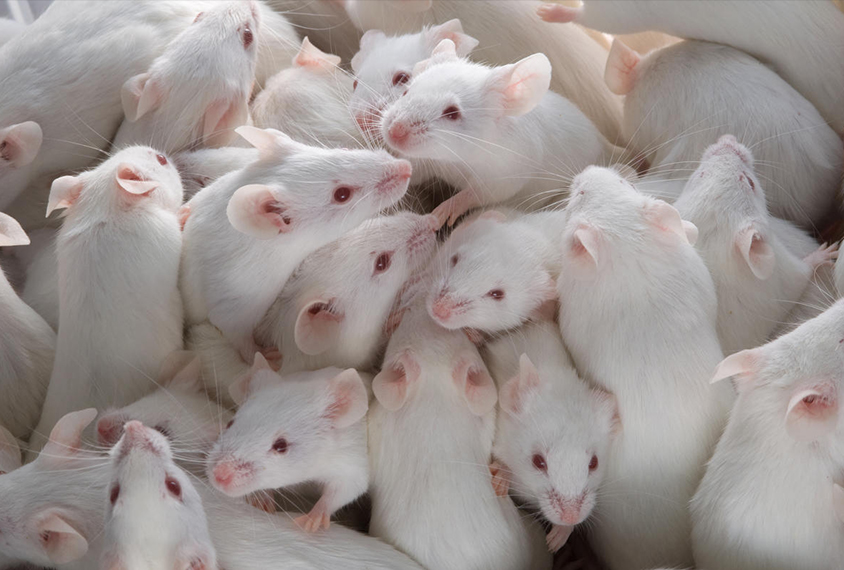
Drugs boost serotonin, socialization in multiple autism mouse models
The finding that MDMA and an experimental serotonin agonist increase sociability across six different model mice suggests that disparate autism-linked mutations converge on the same underlying pathways.
After 60 years, scientists are still trying to crack a mysterious serotonin-autism link
The high levels of serotonin seen in the blood of some autistic people have confounded scientists for more than half a century. Despite so little progress, some researchers refuse to give up.
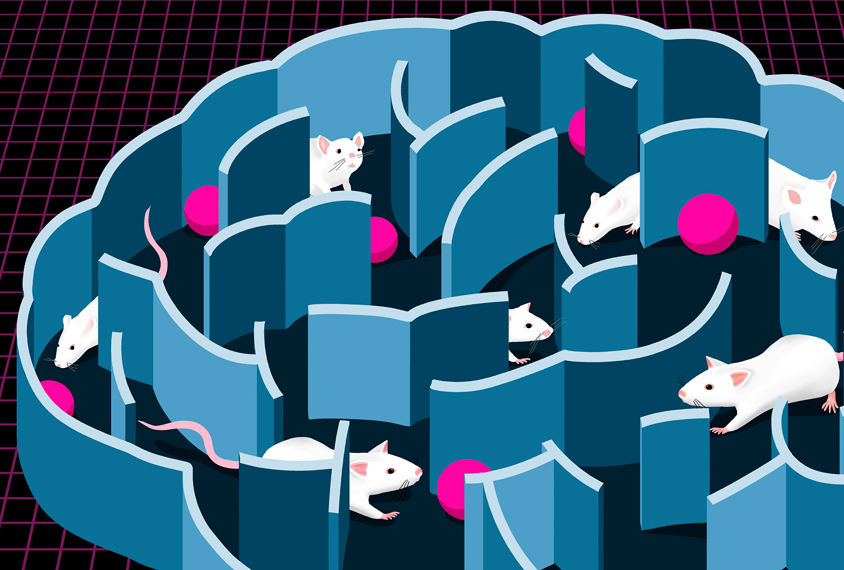
After 60 years, scientists are still trying to crack a mysterious serotonin-autism link
The high levels of serotonin seen in the blood of some autistic people have confounded scientists for more than half a century. Despite so little progress, some researchers refuse to give up.
Explore more from The Transmitter
Lack of reviewers threatens robustness of neuroscience literature
Simple math suggests that small groups of scientists can significantly bias peer review.

Lack of reviewers threatens robustness of neuroscience literature
Simple math suggests that small groups of scientists can significantly bias peer review.
Dendrites help neuroscientists see the forest for the trees
Dendritic arbors provide just the right scale to study how individual neurons reciprocally interact with their broader circuitry—and are our best bet to bridge cellular and systems neuroscience.

Dendrites help neuroscientists see the forest for the trees
Dendritic arbors provide just the right scale to study how individual neurons reciprocally interact with their broader circuitry—and are our best bet to bridge cellular and systems neuroscience.
Two primate centers drop ‘primate’ from their name
The Washington and Tulane National Biomedical Research Centers—formerly called National Primate Research Centers—say they made the change to better reflect the breadth of research performed at the centers.

Two primate centers drop ‘primate’ from their name
The Washington and Tulane National Biomedical Research Centers—formerly called National Primate Research Centers—say they made the change to better reflect the breadth of research performed at the centers.